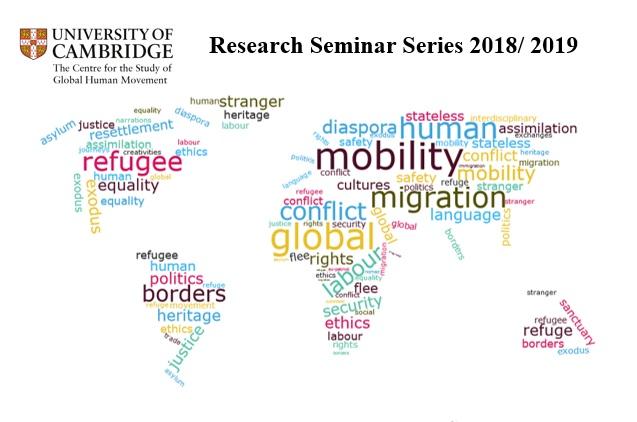
Submitted by Di Kennedy on Sat, 06/10/2018 - 11:57
Centre for the Study of Global Human Movement - Seminar Series.
The Centre for the Study of Global Human Movement - Seminar Series 2018/2019.Room B4, Institute of Criminology, Sidgwick Ave. Cambridge CB3 9DA. Directions here Seminars are open to all, refreshments will be served |
|
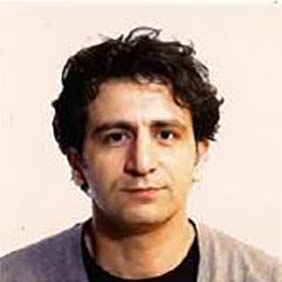 |
Wed 31 October - 4pm RESPOND Project: Multilevel Governance of Migration in Europe and Beyond More than a million migrants and refugees crossed into Europe in 2015, sparking a crisis as countries struggled to cope with the influx. The so-called refugee crisis has created deep divisions and policy incoherence in the EU among member states. The crisis foregrounded the vulnerability of European borders, the tenuous jurisdiction of the Schengen system and broad problems with multi-level governance of migration and integration. One of the most visible impacts of the refugee crisis has been the polarization of politics in EU Member States and intra-Member State policy (in)coherence in responding to the crisis. The recently granted Horizon 2020 project RESPOND will study the multilevel governance of migration in 11 countries. Soner Barthoma |
 |
Tues 13 November - 4pm The Shelter Design Project's vision is to transform the lives of displaced people encamped in extreme conditions through an engineered solution to housing that promotes a new science of shelter design. This innovative project uses the current shelter occupants as part of the research team, rather than just a cohort to study. The project will lead to a transformative new science of shelter design based on multi-criteria optimisation that puts the social well being, health and thermal comfort of the shelter occupants at the center of the design process and allows an agile response. Dr John Orr |
 |
Wed 28 November- 4pm PREA Project: Ethical Issues in Health Research in Humanitarian Crises Post-Research Ethics Analysis (PREA) is a research project investigating ethical issues in health research in humanitarian crises. It aims to identify good ethical practice from lessons learned in the field and develop a tool that assists reflection on ethical issues in humanitarian research. Steven Martin Research Fellow. The Faculty of Medical Science. Anglia Ruskin University. Occasional lecturer. School of Health and Life Sciences. Glasgow Caledonian University |
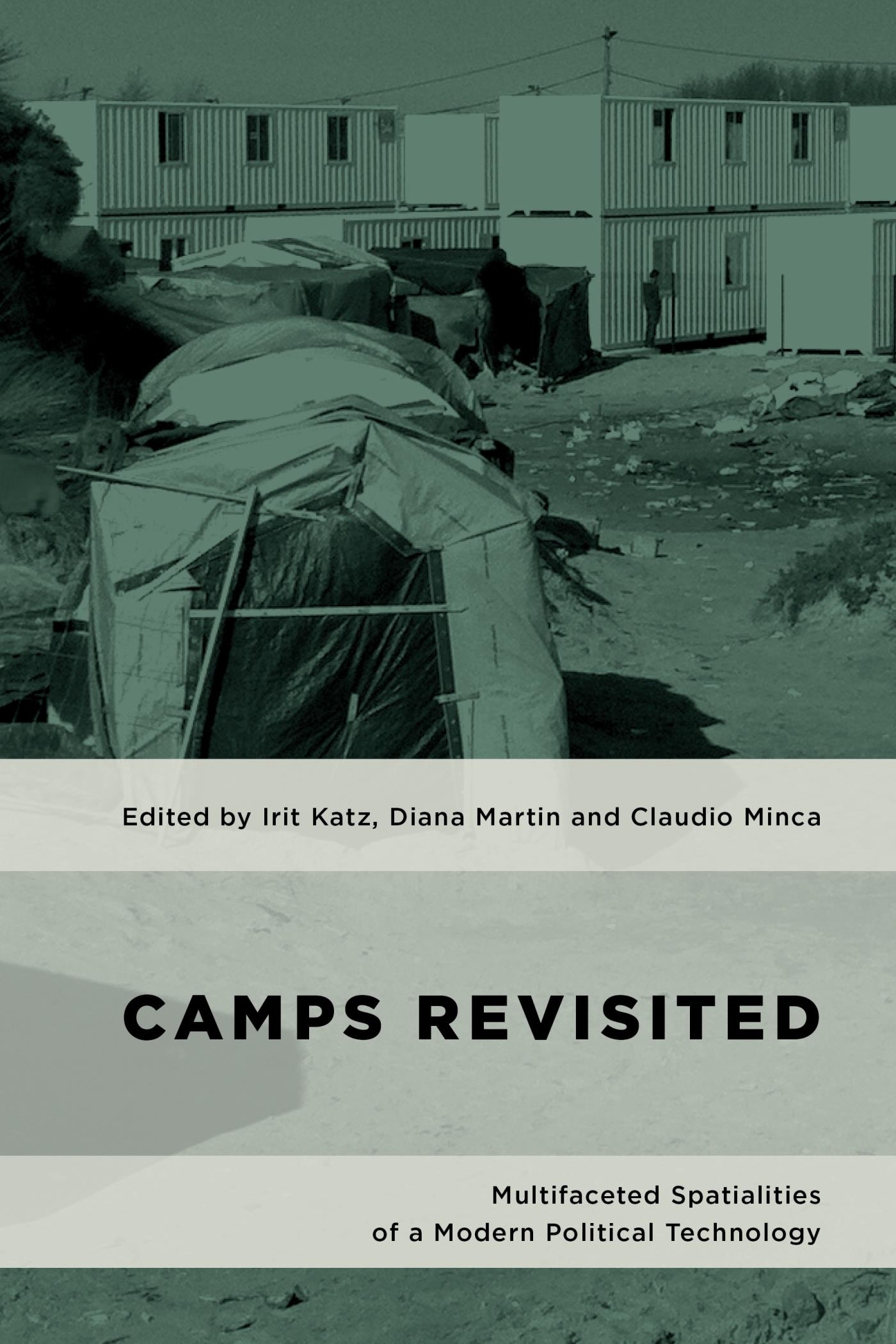 |
Wed 6 February - 4pm Facing the current growing global archipelago of encampments, this book project intends to develop a geographical reflection on ‘the camp’, as a modern institution and as a spatial bio-political technology. Book link here Dr Irit Katz |
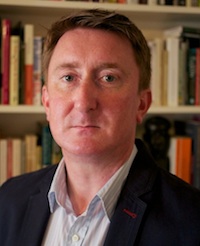 |
Wed 20 February - 4pm Selling Souls: Trafficking German Migrants, Europe and America, 1648-1780 Selling Souls investigates the history of seventeenth and eighteenth-century German emigration to North America and Central and Eastern Europe through the actions of Seelenverkäufer, the ‘soul-selling’ traffickers who recruited and escorted migrants and who bridged divides in geography, in literacy and illiteracy, in economic security and insecurity, in freedom and servitude. Dr William O’Reilly |
 |
Wed 6 March - 4pm Music, Migration and Social Integration: Perspectives from the North African Diaspora in Europe How might music move with patterns of migration? What role does music play in the maintenance of transnational identities and the forging of new social relations in the diaspora? Music acts as a ‘social glue’ that can bring together diverse communities, both through grassroots human interactions and social media platforms. It can function as a form of nostalgia for the homeland and as a way of connecting communities across transnational contexts. Music can also operate as a mode of social integration, where musicians from different cultural backgrounds come into contact forging new cultural forms. In this panel, we will explore what happens when music and musicians migrate to new places of belonging, drawing on case studies from the North African diaspora in Europe. At a time of rising nationalism and anti-immigration rhetoric, we explore music’s role in debates about belonging, multiculturalism and integration. https://www.musicalencounters.co.uk/ Matthew Machin-Autenrieth Stephen Wilford Vanessa Paloma Elbáz |
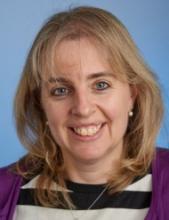 |
Wed 15 May - 4pm We have been exploring the experiences of people who come to work in the UK from other EU Member States. Our aim has been to gather robust empirical evidence about EU migrants' experiences of finding work and being in employment in the UK, as well as exploring EU migrant workers’ use of social security, particularly in situations where work cannot be found or where pay is sufficiently low that it needs to be supplemented. By combining this insight with knowledge about the law in this field, we hope to shed new light on the big question of how we adequately regulate migration within a socio-economically diverse EU and a post-financial crisis context. We hope that this research project will help to inform public debate as we reconceive and renegotiate the UK's relationship with the EU. https://www.eumigrantworker.law.cam.ac.uk/ Professor Catherine Barnard |
